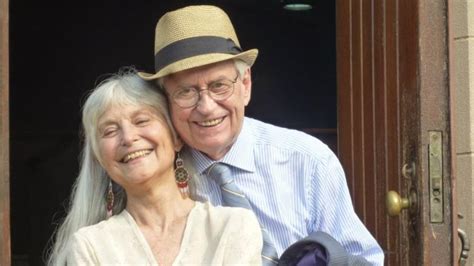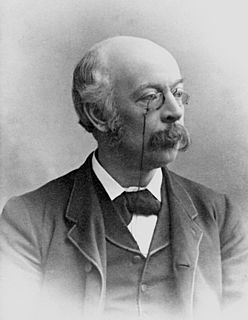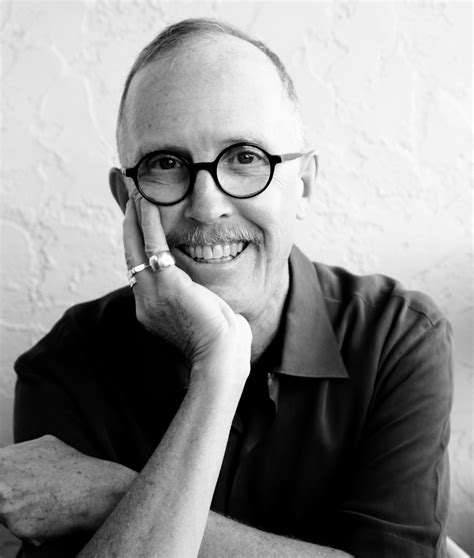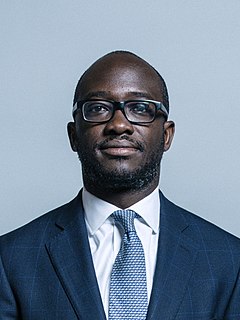A Quote by Billy Collins
Now I would say at any given moment in American life, there are probably 45 poets in airplanes vectoring across the country heading towards...I don't know if anyone's reading it, but poets are still flying around the country going from lectern to lectern.That circuitry has become very well-established.
Related Quotes
If you look at the Directory of American Poets and Writers, you know there are hundreds of poets in New York City. So therefore, just by specific gravity, it seems like a more significant place. Robert Wrigley is a poet who lives in rural Idaho - I think it's really back-country Idaho - and he writes beautiful poems.
Nearly all men and women are poetical, to some extent, but very few can be called poets. There are great poets, small poets, and men and women who make verses. But all are not poets, nor even good versifiers. Poetasters are plentiful, but real poets are rare. Education can not make a poet, though it may polish and develop one.
After all, poets shouldn't be their own interpreters and shouldn't carefully dissect their poems into everyday prose; that would mean the end of being poets. Poets send their creations into the world, it is up to the reader, the aesthetician, and the critic to determine what they wanted to say with their creations.
I do believe that one's writing life needs to be kept separate from Po-Biz. Personally, I deal with this by not attending too many poetry readings, primarily reading dead poets or poems in translation, reading Poets & Writers only once for grant/contest information before I quickly dispose of it, and not reading Poetry Daily. Ever.
Everybody spoke English in my class, and they would turn to me and say, "What's going on in your country?" I would try to explain to Austrians, Poles, Australians, Israelis, Costa Ricans - people from all over the world - what was going on in our country. I would have to say, "I don't know what's going on, either. It's pretty evenly divided in our country. Sometimes one part's on top, and other times, the other faction is on top, and right now it's just crazy. We hate it as much as you do."
One can say that the disaffection is still a lingering naiveté about, not the place of poetry in the world, but - how to say this - the moral and intellectual presence of poets in the world. And while this may seem an old conversation to many poets who roll their eyes and say, "Here we go again about the function of poetry," I think that conversation, about poetry as an engaged art in a world that is full of regression or still lacking in progress, is still really not well-developed. It's almost an avoided conversation.






































